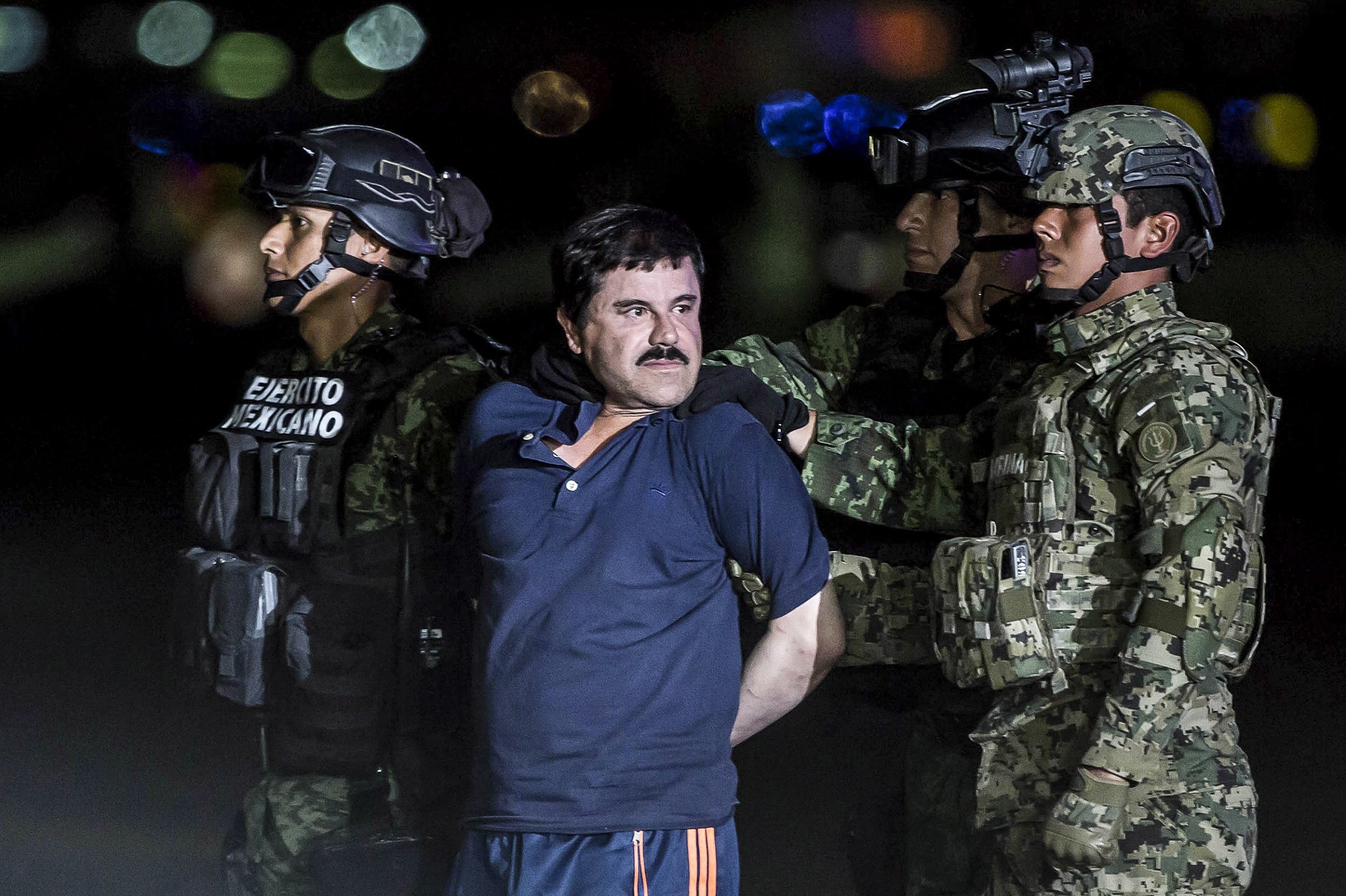
When Joaquín “El Chapo” Guzmán was born in the rugged village of La Tuna in Mexico’s Sierra Madre mountains in 1957, the houses were made of mud, there was no electricity or running water and mules provided the only form of transport. His mother described how she and his father scraped by growing beans and corn on the rocky slopes to care for him and his 10 siblings. “They were difficult times. We longed for something better,” Consuelo Loera, Guzmán’s 88-year-old mother, tells TIME as she looks out at the homes and farmsteads clinging to the sun-soaked hillside. Known as El Chapo (or Shorty) for his diminutive, stocky stature, Guzmán toiled as a child to help bring food to the table, hauling sacks of oranges around the hills to sell to peasant farmers for a few pesos. “He always fought for a better life,” Loera says, “even as a small boy.”
To read the full story, click here.
More Must-Reads from TIME
- Why Biden Dropped Out
- Ukraine’s Plan to Survive Trump
- The Rise of a New Kind of Parenting Guru
- The Chaos and Commotion of the RNC in Photos
- Why We All Have a Stake in Twisters’ Success
- 8 Eating Habits That Actually Improve Your Sleep
- Welcome to the Noah Lyles Olympics
- Get Our Paris Olympics Newsletter in Your Inbox
Contact us at letters@time.com